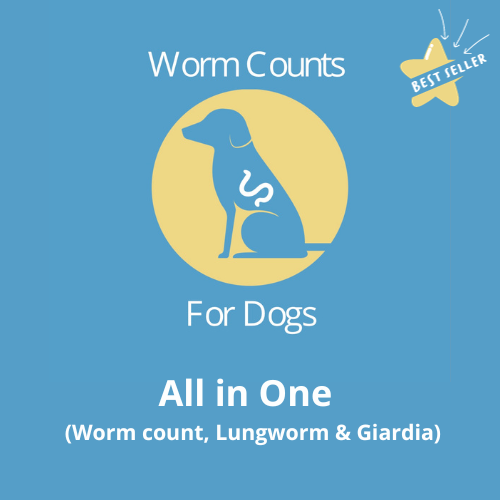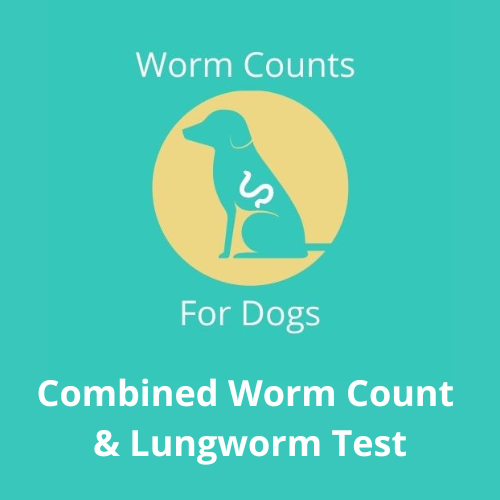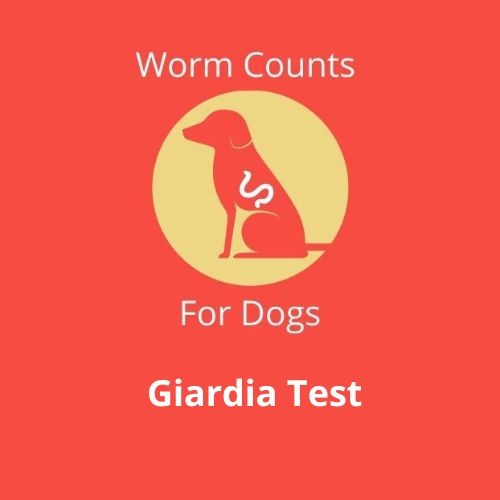What is a worm egg count?
A worm egg count is a faecal test to look at the worm burden of your dog; if your dog has any worms, what type of worms they are and how many are present. The test results will tell you if your dog needs worming and if your current worming schedule is doing its job.
Why you should consider testing your dog for worms.
- If you’d rather only treat your dog if worms are present.
- If you don’t worm your dog at all If you worm your dog sporadically
- If they like to scavenge or lick grass.
- Or they are known to take a fancy to dead birds and animals
Then a worm count is crucial.
How to do a worm egg count
It’s dead easy to do a worm count. Buy the kit and follow the instructions that come with it. Take a sample of your dog’s poo, put it in the kit provided and Freepost it to the lab. The kit will fit into any post box. Your results will be emailed to you in a few days in a clear and easy to understand format, along with any recommendations.
We use Feclab as our testing laboratory of choice. The postage to Feclab and lab fees are all included in the price of the kit. It’s fine to put poo in the post as long as it conforms to Royal Mail's required standards for sending samples by post. Ours do.
How does a worm count work?
We use a faecal worm egg count kit in the UK to measure worm burdens in dogs using the McMaster technique. Essentially, the lab takes the poo sample you’ve sent in, puts some of it into a salt suspension and waits for the poo to separate from the eggs. The poo sinks to the bottom, and the eggs float to the top. The eggs are counted under the microscope through a grid, the eggs are counted within the grid, and there is your EPG (eggs per gram) count.
It's advisable to test for lungworm too.
You need a separate kit as it's a different test, and it's just as simple as doing a worm count test. The lungworm test measures larvae, not eggs, using the Baermann Test, similar in principle to the worm test, but looking for larvae. The poo sample is suspended in solution normally for 2-3 hours but can take longer.
What do the results mean?
A typical results sheet will return with these figures next to each worm tested for and looks like this:

Also consider testing your dogs for Giardia.
In addition to Worm Count Tests for your dogs, we now also have Giardia home screening kits.
Giardia is a tiny parasite found in the intestines of dogs, cats, and humans. It can cause severe gastrointestinal disease and can be passed between animals and humans. Giardia also poses a greater risk if you, your child, or your pet are immunocompromised, so it’s vital to ensure no one in your household comes across it.
Our Worm Kits do test for Giardia but they rely on the giardia cyst being present in the sample.
So how can you test for certain?
By using a home screening a Giardia Antigen Rapid home testing kit. The results are instant and you can do the test yourself.
It is wise to test for giardia if you have:
- Young puppies and kittens
- Older dogs and cats
- A pet showing symptoms
- Dogs or cats undergoing treatment which lowers their immunity
- If you or a family member has cancer, is undergoing chemotherapy or has another illness which compromises the immune system
Symptoms include:
- Vomiting
- Diarrhoea
- Mucus in the faeces
- A soft, watery poo
- Weight loss.
The test is just like a Covid test. You mix a tiny sample, squeeze it onto the test cassette and wait 10 minutes for the results.
Check out our Worm Count Kits for Dogs here.
We also have natural intestinal care products for those that don't want to or can't give chemical worming treatments.






